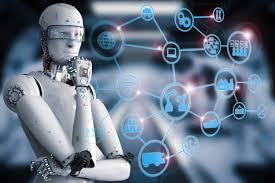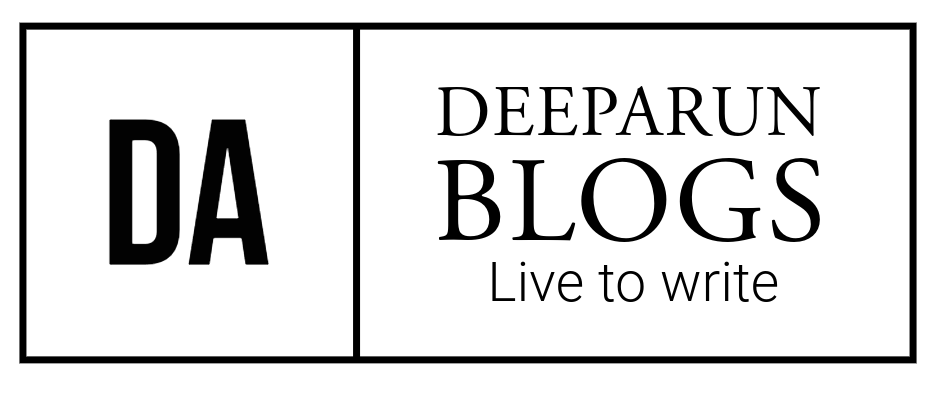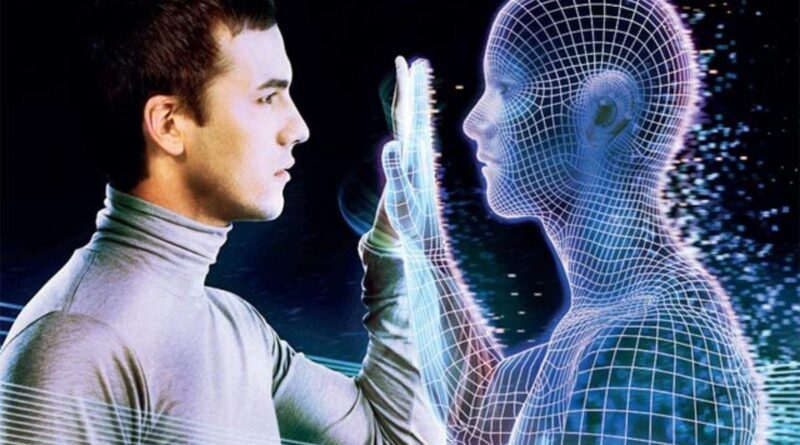Reskill, Recharge, Rise: Adapting to the AI Revolution
In today’s rapidly evolving technological landscape, the rise of Artificial Intelligence (AI) and automation has brought forth a wave of uncertainty regarding job security. Many individuals wonder if their professions are at risk of being replaced by AI systems. This article delves into the intricate relationship between AI and employment, exploring the potential impacts and offering guidance on how to navigate this automation wave.
Understanding the Current State of AI
1. AI Advancements
AI has made significant advancements in recent years, enabling machines to perform tasks that were once considered exclusive to humans. These include data analysis, language processing, and even creative endeavors like art and music generation.

2. Types of AI
There are various types of AI, from narrow or weak AI, which specializes in specific tasks, to general or strong AI, which possesses human-like intelligence. Most current AI applications fall into the narrow AI category.
The Impact on Jobs
1. Job Disruption vs. Job Transformation
AI’s impact on employment can be viewed as a spectrum, ranging from job disruption to job transformation. While some jobs may be entirely replaced, others will see tasks automated, augmenting the human workforce.
2. Affected Industries
Certain industries are more susceptible to AI disruption than others. These include manufacturing, customer service, and data analysis. However, virtually every sector will experience some level of AI integration.
3. New Opportunities
The rise of AI also creates new career opportunities in AI development, data science, and AI ethics, among others. Navigating this shift may require individuals to acquire new skills.
Preparing for an AI-Driven Future
1. Continuous Learning
Embracing lifelong learning is crucial in the age of AI. Individuals should be open to acquiring new skills and staying up-to-date with technological advancements.
2. Adaptability
The ability to adapt to changing work environments and tasks is a valuable trait. Resilience and a growth mindset can help individuals thrive in an AI-driven world.
3. Ethical Considerations
As AI becomes more integrated into society, ethical considerations become paramount. AI should be used responsibly and ethically to avoid negative consequences.
Conclusion
In conclusion, AI is undoubtedly reshaping the job landscape, but it doesn’t necessarily mean widespread unemployment. Instead, it calls for a shift in mindset and a commitment to learning and adapting. By embracing AI as a tool rather than a threat, individuals can navigate the automation wave successfully.
FAQs
- Will AI completely replace human jobs?
While AI may automate certain tasks, it’s more likely to augment human capabilities than entirely replace jobs.
- What are some jobs that AI can’t perform?
AI struggles with tasks requiring emotional intelligence, creativity, and complex decision-making.
- How can I prepare for an AI-driven future?
Invest in continuous learning, adaptability, and ethical considerations to stay relevant in the job market.
- Are there any job sectors that are AI-proof?
No sector is entirely immune to AI disruption, but some are less vulnerable than others.
- What is the role of government in regulating AI and automation?
Governments play a crucial role in establishing ethical guidelines and ensuring a fair transition to an AI-driven economy.




